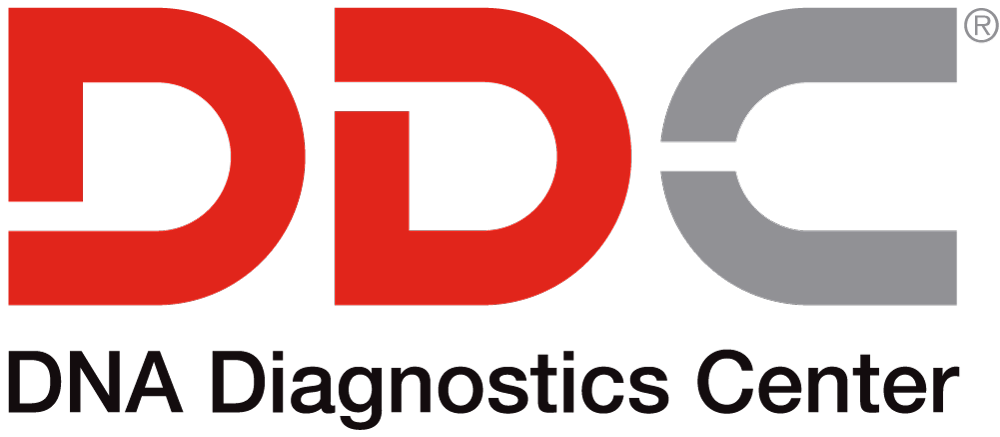OCTOBER 17, 2018
What is DNA NPE and How Can Facebook Help?

DNA tests for ancestry have never been more popular or more numerous—it seems like a new company pops up every month promising to reveal your ancestral roots and tell you who you “really are.” But many of these tests tell customers much more than they were expecting—often with disturbing results. In fact, some people’s tests turn their worlds upside down. Not because their distant ancestor was a pirate, but because they discover their own parent or parents had a secret. The phenomenon is so widespread that a whole new term has been coined: DNA NPE.
CALL FOR A FREE CONSULTATIONWhat is DNA NPE?
DNA NPE is a genealogical term that means Non-Parental Event or, more popularly now, Not Parent Expected. A “NPE” is a person who discovers through DNA testing for ancestry that their presumed parent is not their biological parent. There are so many acknowledged NPEs today that at least one non-profit organization has sprung up to help provide support and a place to talk. Some people discover they have a different biological father than they thought, while there are even some who discover they have a different biological mother.
Reasons for DNA NPE
The all-too-human reasons for DNA NPE are many, but some of the most common include:
- Extra-marital affair
- Previously-unknown adoption by a step-parent
- Sperm bank donor
- Rape
- Raised by grandparents who told child they were his/her parents
There are also some less common reasons, including babies switched-at-birth scenarios. Decades ago, family-relationship secrets were a lot easier to keep, and many people took them to their graves. But now that DNA testing is so prevalent, those long-held secrets are bubbling to the surface in ever-increasing numbers.
How Often Does Misattribution of Paternity Happen?
According to a study by Belgian researcher Maarten Larmuseau, misattributed paternity occurs at a rate of 1 or 2 percent for married couples. Per the U.S. Census Bureau: Among unmarried couples, 41% of children born in the U.S. today are born out of wedlock and their father’s identities may be unknown or mistaken. When people find out through ancestry testing that they are not who they thought they were, “It might have an emotional impact that looks like post-traumatic stress, depression, or anxiety,” professor of psychology Sarah Lowe tells Tonic.
CALL FOR A FREE CONSULTATIONSo How Do DNA NPE Cope? Facebook Can Help
Because the subject of “Not Parent Expected” is often a sensitive one in families, it can be easier to speak about it more openly in a relatively-anonymous setting like social media. Facebook groups provide free forums where DNA NPE can find others in similar situations who can offer advice and support. Although initial groups were created to support children, there is now at least one Facebook group devoted to supporting men who discover their children are not their biological offspring. If you’re interested in finding these private groups, just enter “DNA NPE” in the Facebook search bar.
WATCH ONE WOMAN TELL HER STORY
How Can a Paternity Test Help?
It’s important to remember that results from a DNA test for ancestry are not court-admissible, nor do these tests directly analyze two individuals—ancestry testing methods are not accredited or validated to do so, and the tests are not the right types. If you are a DNA NPE who wants to confirm a biological relationship, either with your presumed father or with a different alleged father, then an at-home paternity test or a legal paternity test from an accredited laboratory like DDC is the only way to get sure answers.
About DNA Diagnostics Center (DDC)
DNA Diagnostic Center is the world leader in paternity and relationship testing. We serve healthcare professionals, government agencies, and individuals around the world to determine family relationships with trusted accuracy.
More Questions? Don’t hesitate to call us: we’re here to help!
CALL NOW




